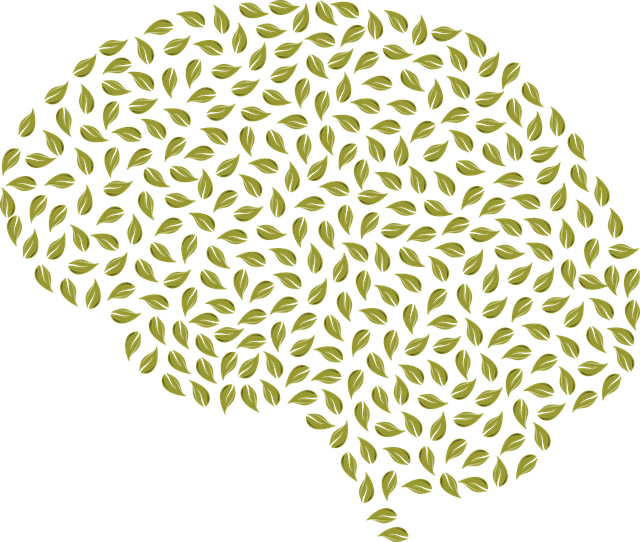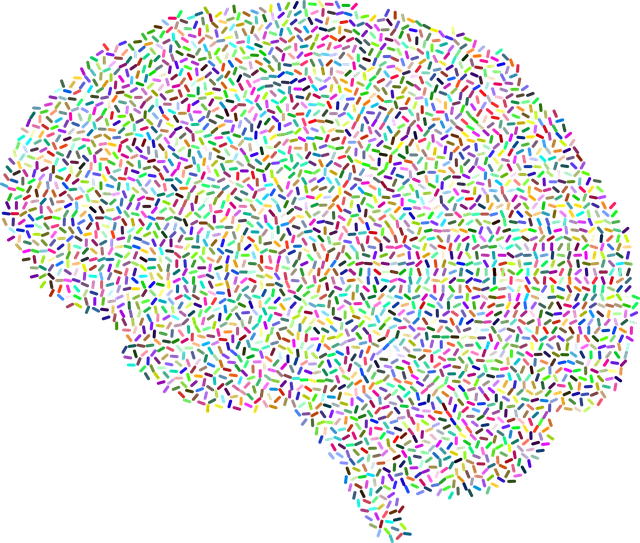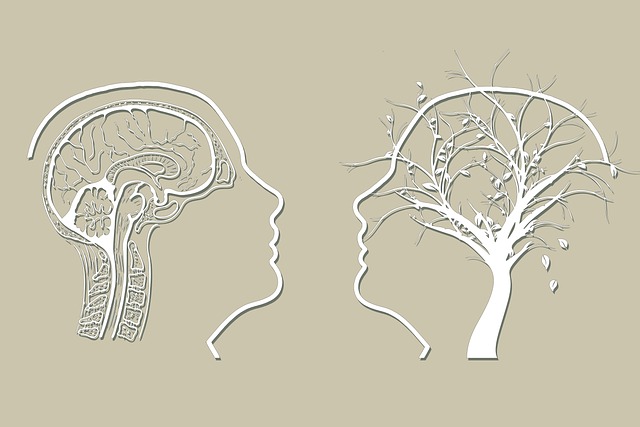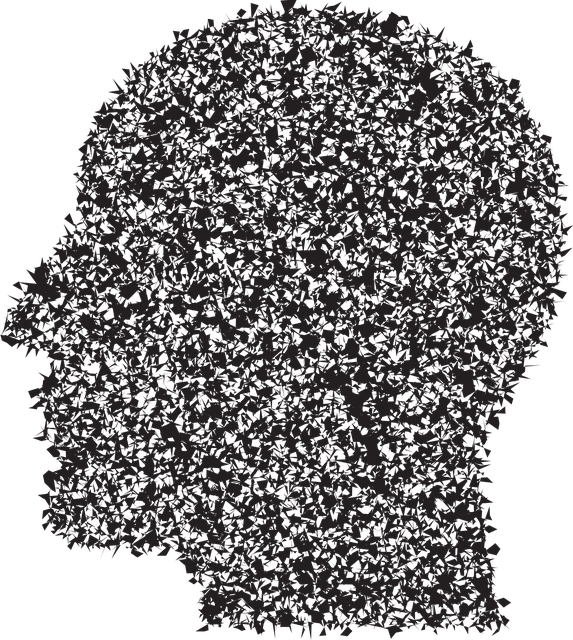Northglenn Sexual Abuse Survivor Therapy (SASAT) leverages tailored mental wellness self-assessment tools, integrating communication strategies and emotional intelligence techniques to empower survivors. These tools, often initiated through therapy, help individuals understand their emotional state, build coping mechanisms, and enhance self-esteem. By addressing specific needs and cultural sensitivities, SASAT fosters trust and improves access to care for diverse communities. Regular feedback from clients, gathered via questionnaires and interviews, guides continuous refinement of these protocols, ensuring the program's ongoing success in supporting survivors' mental wellness journeys.
Mental wellness self-assessment tools play a pivotal role in early detection and intervention, especially for vulnerable populations like Northglenn sexual abuse survivors. This article delves into the development of tailored self-assessment frameworks specifically designed for this community. We explore the unique challenges faced by Northglenn sexual abuse survivors and the importance of customized tools in therapy. Through case studies and expert insights, we highlight effective strategies to implement and measure success in these sensitive contexts.
- Understanding Mental Wellness Self-Assessment: A Northglenn Sexual Abuse Survivor's Perspective
- Identifying the Need for Customized Tools in Therapy
- Developing Effective Self-Assessment Frameworks
- Implementing and Measuring Success: The Role of Feedback in Northglenn Sexual Abuse Survivor Therapy
Understanding Mental Wellness Self-Assessment: A Northglenn Sexual Abuse Survivor's Perspective

For a Northglenn sexual abuse survivor, engaging with mental wellness self-assessment tools can be both daunting and transformative. These tools, designed to gauge one’s psychological state, offer a crucial avenue for understanding and healing. Through them, survivors can gain valuable insights into their emotional landscapes, facilitating personal growth and the development of inner strength. This journey is often catalyzed by seeking therapy, where professional guidance enables individuals to process trauma and cultivate coping mechanisms, ultimately enhancing self-esteem and resilience.
The experience may vary, but many Northglenn sexual abuse survivors find solace in various methods like written reflections, guided meditations, or even mental wellness podcast series production. These assessments help identify areas of struggle and strengths, guiding personalized strategies for improvement. By acknowledging the challenges and embracing the process, survivors can embark on a path of self-discovery, fostering a deeper connection with their minds and bodies. This proactive approach is essential in navigating the complexities of healing and cultivating mental wellness.
Identifying the Need for Customized Tools in Therapy

In the realm of mental wellness self-assessment tools development, it’s crucial to recognize that one-size-fits-all approaches often fall short in addressing the nuanced needs of diverse individuals. Northglenn Sexual Abuse Survivor Therapy, for instance, necessitates tailored interventions that consider not just psychological symptoms but also the unique experiences and challenges faced by survivors navigating their healing journey. This is where the development of customized tools proves instrumental. By delving into specific populations’ cultural sensitivities and incorporating self-care practices relevant to their lived realities, therapists can facilitate more effective therapy sessions.
Cultural sensitivity in mental healthcare practice plays a pivotal role in ensuring that these tools resonate with individuals from various backgrounds. Understanding the impact of societal factors, historical trauma, and cultural beliefs on mental health is essential for professionals conducting risk assessments for mental health professionals. Incorporating self-care practices that are culturally affirming not only enhances therapy outcomes but also fosters trust and safety, especially among underserved communities like Northglenn Sexual Abuse Survivor Therapy clients.
Developing Effective Self-Assessment Frameworks

Developing effective self-assessment frameworks is a pivotal step in supporting individuals’ mental wellness journeys, especially for Northglenn Sexual Abuse Survivor Therapy clients. These tools must be meticulously crafted to cater to the unique needs and experiences of survivors, ensuring an accurate reflection of their emotional state and progress. By integrating communication strategies that foster open dialogue, therapists can create a safe space for clients to express their feelings and identify areas requiring attention.
Emotional intelligence plays a pivotal role in this process as it enables therapists to interpret non-verbal cues and subtleties in client communication. This, coupled with resilience-building techniques, empowers survivors to confront and overcome challenges. Such frameworks should be adaptable, allowing for regular evaluations to track progress over time. Regular self-assessments can help individuals gain valuable insights into their mental health, enabling them to make informed decisions about their well-being.
Implementing and Measuring Success: The Role of Feedback in Northglenn Sexual Abuse Survivor Therapy

Implementing and measuring success in Northglenn Sexual Abuse Survivor Therapy (SASAT) heavily relies on feedback from clients. This feedback serves as a critical tool to assess the effectiveness of self-assessment tools developed for mental wellness. Through structured questionnaires, semi-structured interviews, and client journals, therapists gather insights into their experiences with these tools. The process involves evaluating improvements in self-awareness exercises, anxiety relief strategies, and mindfulness meditation practices.
Positive feedback highlights reduced symptoms of trauma, increased emotional regulation, and enhanced coping mechanisms. This information guides therapists to refine existing protocols and tailor interventions for better outcomes. Conversely, constructive feedback prompts them to explore alternative approaches, ensuring that the SASAT programs remain relevant and beneficial in addressing the unique challenges faced by survivors. Regular feedback cycles contribute to continuous improvement, ultimately enhancing the overall success of Northglenn Sexual Abuse Survivor Therapy.
The development of tailored mental wellness self-assessment tools, particularly for survivors of complex trauma like those in Northglenn Sexual Abuse Survivor Therapy, is a powerful step towards personalized care. By understanding individual experiences and needs, these tools can enhance therapeutic outcomes. As highlighted throughout this article, customized frameworks not only improve assessment accuracy but also foster a sense of agency and self-awareness among survivors. The integration of feedback mechanisms further strengthens this process, allowing for continuous improvement in therapy methods. This innovative approach promises to revolutionize support systems for Northglenn Sexual Abuse Survivor Therapy, offering hope and healing through comprehensive mental wellness assessments.














